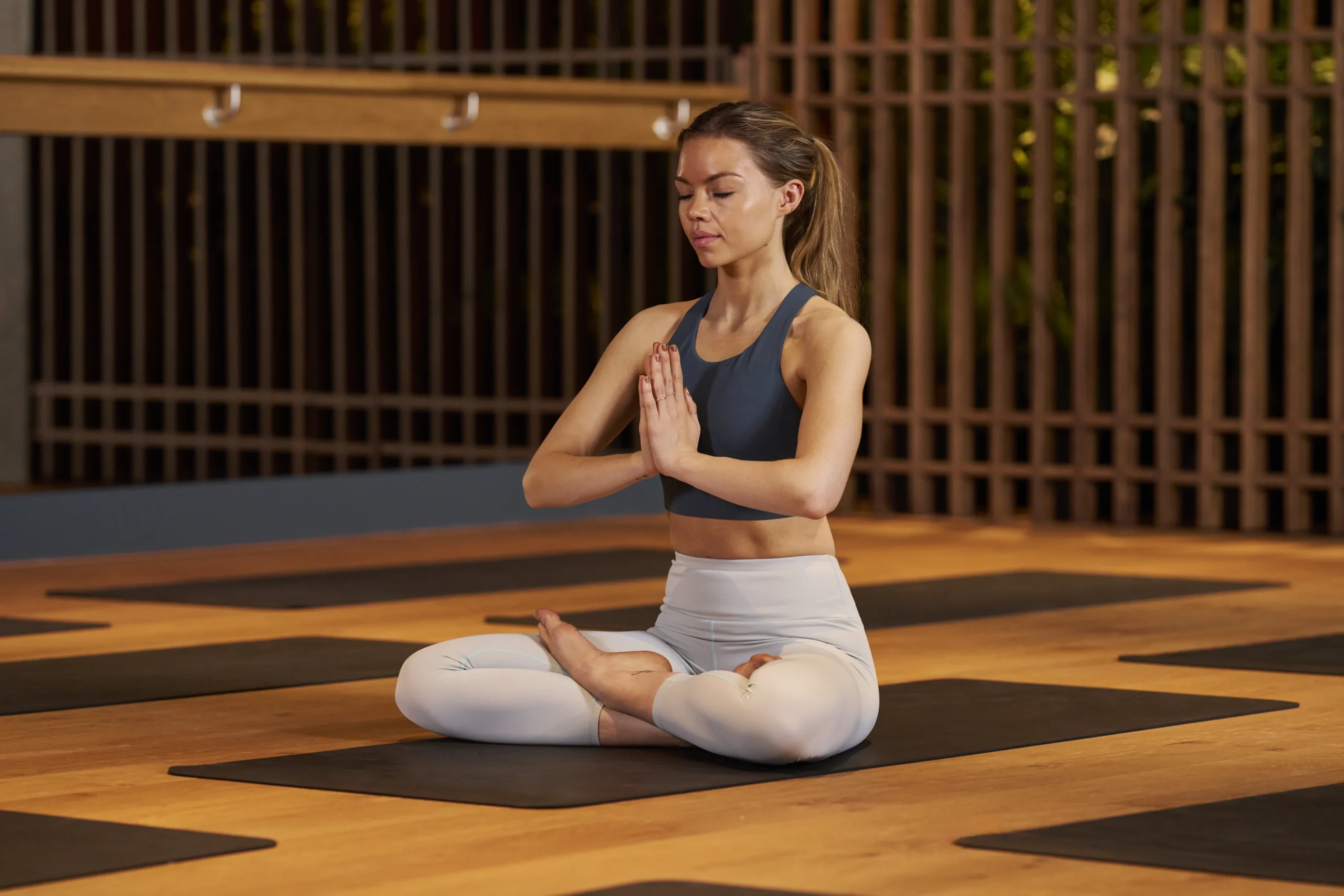- Linkedin Share
- Twitter Tweet
- Email Share
- Copy link Copy link Copied to clipboard
In 2025, we welcome back Dr. Sophie Bostock to share her insights into creating the perfect sleep environment to achieve your most restful nights in the new year. In this interview, she dives into the factors that impact sleep quality, addresses common challenges, and shares strategies to help you achieve your best rest yet.
What are the key factors that determine the quality of sleep?
The timing and quality of your sleep are controlled by three main systems:
- Our circadian rhythms, or body clocks, which thrive on a regular 24-hour cycle of action, during daylight hours, and recovery, at night. Our internal clocks are sensitive to the alerting effects of light, food and physical activity.
- Sleep pressure builds up the longer we stay awake. Physical exertion builds up more sleep pressure, whereas long naps can reduce it. Caffeine temporarily blocks the effects of sleep pressure and can therefore disrupt sleep quality if consumed too close to bedtime.
- The stress system can keep us awake in the interests of survival. To get into a deep sleep, we need to relax, which means convincing the brain that it’s safe to switch off.
What are the most common barriers to achieving high-quality sleep, and how can they be overcome?
The two most common barriers to good sleep can be split into two different categories: worrying too little about sleep and worrying too much. If sleep is too low down on your priority list, you will cut it short – on average, we need at least seven hours of sleep to function at our best. This means protecting at least seven and a half hours for good quality sleep in bed, every night. Many people knowingly or unknowingly sabotage their sleep quality by eating too late at night, scrolling on their phone until the early hours, and drinking alcohol or excessive caffeine.
If you don’t sleep enough, a lack of sleep can become a ‘stressor’ to your brain and body. Not getting enough sleep puts us in a state of hyperarousal; we are stuck in ‘fight or flight’ and struggle to relax. This means that even when we do sleep, sleep becomes lighter and less restorative.
At the other end of the spectrum are people who worry about sleep too much. This often means that thoughts about sleep can act as a stressor. Everyone occasionally wakes up during the night, but if you’re excessively worried about sleep, it’s likely that this nighttime waking will result in anxious thoughts, which make it even harder to get back to sleep.
Overcoming the barriers to good quality sleep means getting the right balance of caring enough to protect your sleep but not worrying excessively if you can’t.
What is the ideal sleep environment, and how does it contribute to better sleep?
Your bedroom should be cool, dark and quiet, to allow the body to cool naturally, to remove the alerting signal of light, and to avoid potentially disturbing sounds. It needs to feel like an environment you can relax in. An eye mask and ear plugs will often help to create a sense of familiarity, even if your environment changes.
What should people do if they consistently wake up feeling tired, even after a full night’s sleep?
There are many different reasons for non-restorative sleep. The most common are regular sleep sabotage (such as with alcohol, or excessive caffeine), chronic stress or illness, or obstructive sleep apnoea (OSA).
Keeping a sleep diary can help identify any factors disrupting your sleep. Track wake and sleep times, nighttime wakening, and anything you suspect might have interfered with your sleep, such as taking medication, caffeine, late night scrolling or alcohol. Use this to then identify whether removing these factors makes a difference. You can share your diary with a medical professional when discussing next steps.
If you fall asleep very quickly, and feel very sleepy during the day, despite getting more than seven hours of sleep every night, it is worth looking at whether you have other risk factors for obstructive sleep apnoea:
- Do you snore loudly?
- Has anyone ever told you that you gasp for breath, choke, or pause your breathing during sleep?
- Do you have high blood pressure, diabetes, or obesity?
- Do you have a family history of sleep apnoea?
Obstructive sleep apnoea is a condition where the airways narrow and can become blocked during the deepest stages of sleep, when the muscles are most relaxed. The blockage is only temporary, but the brain notices the shortage of oxygen and responds by pulling the sleeper into a lighter stage of sleep. This means that the sufferer can stay asleep for eight or more hours but still wake up very tired. If you suspect sleep apnoea, speak to your GP in the first instance. They can consider other explanations and advise whether they recommend taking an overnight sleep test to investigate further.




